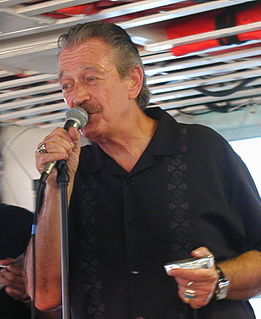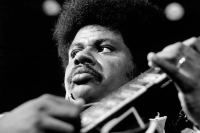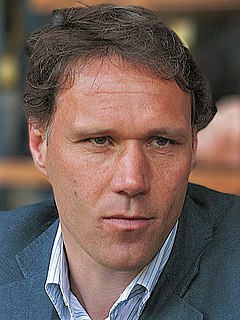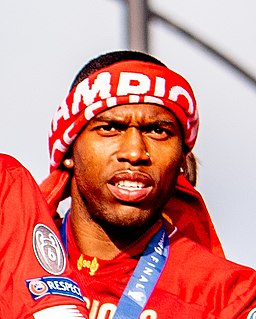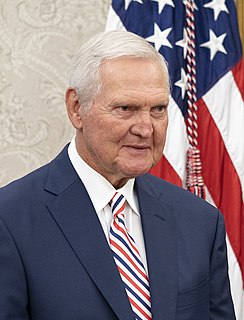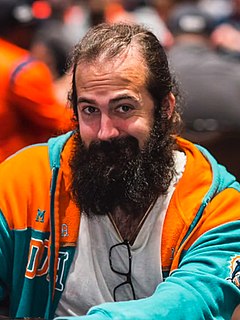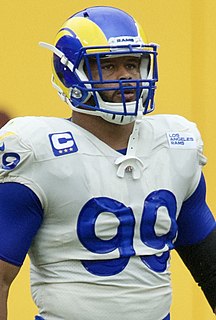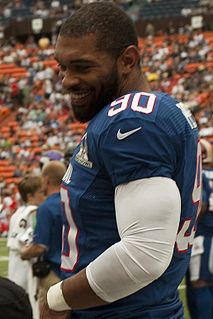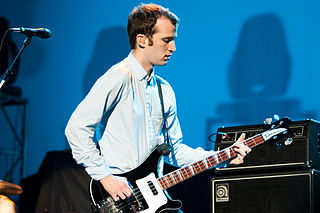A Quote by Charlie Musselwhite
Some players, they have all their licks memorized. They think about what they're going to play, but I try to think about what not to play. Tone and phrasing, that's what's important - less is more. The feeling, that's the thing.
Related Quotes
I believe in knowing all you can about the music and the people who made the music. I think it's much more important to know some good Miles Davis stories than to know how to play like Miles. I think you'll play better if you know some of the funny things he did than if you know the licks that he played.
One way to think about play, is as the process of finding new combinations for known things--combinations that may yield new formsof expression, new inventions, new discoveries, and new solutions....It's exactly what children's play seems to be about and explains why so many people have come to think that children's play is so important a part of childhood--and beyond.
I could go play some songs for two hours every week - play whatever I wanted to - and then also spend that time putting more music on my computer and getting into more things. It definitely informs the way that I think about music and I think in general, made me a more open-minded consumer of music.
I have been very fortunate to see some very clearly excellent players play well to the very ends of their career, where they opted not to play anymore. I'm talking about Adrian Beltre. I'm talking about Torii Hunter. I'm talking about David Ortiz, Chipper Jones, Derek Jeter. These are players who decided, 'You know, I've had enough. That's good.'
